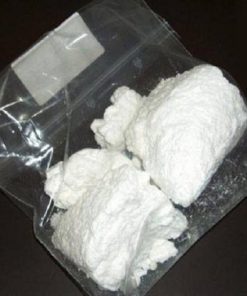Order 4-AcO-DMT-Acetylpsilocin
Order 4-AcO-DMT-Acetylpsilocin
Order 4-AcO-DMT-Acetylpsilocin,
4-Acetoxy-N,N-dimethyltryptamine (also known as 4-AcO-DMT, 4-Acetoxy-DMT, O-Acetylpsilocin, psilacetin, and “synthetic mushrooms”) is a novel lesser-known psychedelic substance of the tryptamine class. And, It is structurally related to psilocybin and psilocin, the active ingredient in psilocybin mushrooms (“magic mushrooms”). Furthermore, 4-AcO-DMT is thought to produce its effects by binding to serotonin receptors in the brain; however, the precise mechanism is not known. Look no further than Pain Chemist to Buy 4-AcO-DMT Online.
Also, 4-AcO-DMT was first synthesized in 1963 by Albert Hofmann and Franz Troxler as part of a chemical investigation into psilocin analogs.
However, it was not tested for psychoactivity during this time. Too, It is unknown when it was first explored in humans. A paper authored by David E. Nichols in 1999 proposed its potential use as an alternative to psilocybin for pharmacological research due to the lower cost of synthesis. Reports of recreational use began to surface shortly after its appearance on the online research chemical market in the 2010s.[citation needed]
In addition to, Subjective effects include geometric visual effects, time distortion, enhanced introspection, euphoria, and ego loss. 4-AcO-DMT’s effects are considered to be nearly identical to psilocybin, with some subtle differences. Not only but also, It has been theorized to act as a prodrug to psilocin in a manner similar to psilocybin, which may account for this similarity. Further, 4-AcO-DMT’s classical psychedelic effects and favorable tolerability profile has led it to become popular among novel psychoactive substance users who seek mystical or entheogenic experiences. It is occasionally sold in capsules or pressed pills and marketed as “synthetic shrooms”.
Order 4-AcO-DMT-Acetylpsilocin
Very little data exists on the pharmacology, metabolism, and toxicity of 4-AcO-DMT. Although its toxicity profile is believed to be near-identical with psilocybin mushrooms (see this section), which are known to be physiologically non-toxic, there is no hard data to support this claim. It is highly advised to use harm reduction practices if using this substance.
Showing the single result
-
research chemical
Order 4-AcO-DMT-Acetylpsilocin Online
$400.0 – $3,200.0 Select options This product has multiple variants. The options may be chosen on the product page
